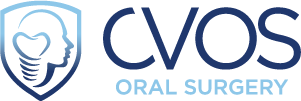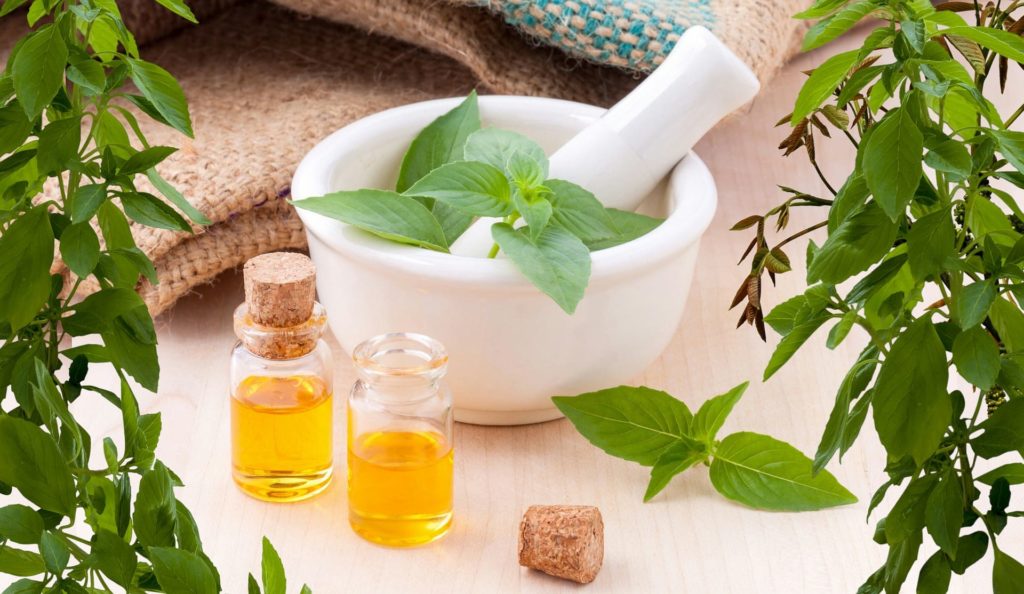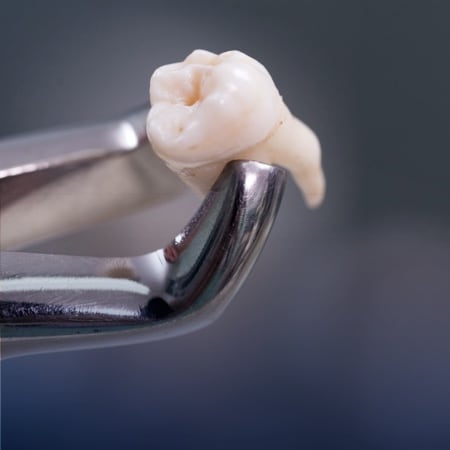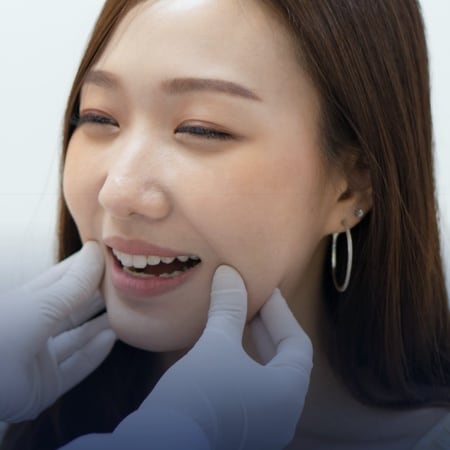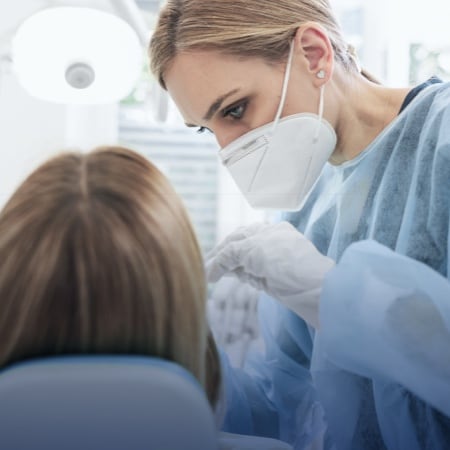If you are one of the 7 in 10 patients who consume some form of natural health product, it is extremely important to find out if it is ok to continue taking those products before and after your oral surgery.
In fact, 71% of Canadians have used natural health products (which includes herbal medicines) according to the Natural and Non-prescription Health Products Directorate (NNHPD).
The NNHPD is the body within the Health Products and Food Branch of Health Canada that is responsible for regulating natural health products. On its webpage, the NNHPD states that “…just because a product is natural doesn’t mean it is safe for you to use.”
It is important to ask your family dentist or oral surgeon if your use of non-prescription health products could affect the quality and certainty of your surgical outcome.
What Exactly Are Natural Health Products?
The NNHPD categorizes far more items as natural health products (NHPs) than you may realize. It defines NHPs as:
“Natural health products (NHPs) are naturally occurring substances that are used to restore or maintain good health. They are often made from plants, but can also be made from animals, microorganisms and marine sources. They come in a wide variety of forms like tablets, capsules, tinctures, solutions, creams, ointments and drops. Natural health products, often called “complementary” or “alternative” medicines, include:
- vitamins and minerals
- herbal remedies
- homeopathic medicines
- traditional medicines like traditional Chinese and Ayurvedic (East Indian) medicines
- probiotics
- other products like amino acids and essential fatty acids
Many everyday consumer products, like certain toothpastes, antiperspirants, shampoos, facial products and mouthwashes are also classified as natural health products in Canada.”
With such a wide range of natural health products, including herbal medicines, it is very important to that your surgeon knows what products you are using as many of these products can have a bad reaction with the anesthesia medications used during surgery and the prescription medications provided to patients after surgery.
In fact, 12% of Canadians who use natural health products already report having an adverse reaction in their everyday life. It is reasonable to expect this number to increase when sedation medications, pain relievers, and antibiotics are added to the mix.
Common Herbal Medicines
When it comes to herbal medicines and oral surgery, it is important to notify your surgeon if you are taking any natural supplements. Because these products are “natural”, some patients may mistakenly believe they are harmless…this, however, is definitely not the case. According to the University of Rochester Medical Centre’s Health Encyclopedia (2009), the most common products patients consumer are:
- Ephedra: Also called ma-huang, this herb from the plant ephedra sinica is commonly used in weight-loss supplements and as a performance enhancer by athletes. When combined with some anesthesia medicines, it can cause high blood pressure and abnormal heart rhythms. In the United States, the FDA banned it in 2003 after being linked to several deaths.
- Garlic: Garlic supplements are commonly used to lower blood pressure and cholesterol, as an antioxidant, and has long been thought to enhance athletic performance (although there is insufficient data to support this). However, garlic can also increase the effects of medicines used to thin the blood, increasing bleeding during and after surgery.
- Ginkgo: Commonly used to improve the memory, it can be more common among mature patients. There is some evidence to suggest that it may prolong both bleeding (during or after surgery) and the effects of the anesthesia (after surgery).
- Ginseng: Consumed in multiple forms, it is used to boost energy and lower blood sugar levels. During surgery, though, ginseng may cause high blood pressure and a rapid heart rate.
- Kava: Acting much like alcohol on the brain, kava is taken to calm the nerves and is thought to relieve pain and relax muscles. This herbal remedy requires a lot of caution, however, because of its interactions with other medicines and some evidence suggesting it can negatively affect the liver.
- St. John’s Wort: Also called “goatweed”, this can be used to relieve anxiety and minor depression. It is also known to interfere with some sedation medicines and make it harder to recover from the effects of sedation after surgery.
- Valerian: Similar to St. John’s Wort, patients may consume this herb to treat anxiety. Also like St. John’s Wort, it can make waking from sedation more difficult. Its use may also lead to irregular heart rhythms.
- Other herbs that may increase bleeding include: feverfew, ginger, and saw palmetto.
- Other herbs that may adversely affect blood pressure during surgery include: goldenseed, licorice, and milk thistle.
What Are The Guidelines For Herbal Medicines and Oral Surgery?
The effects that herbal remedies can have on the body under different conditions has received only a fraction of the attention that their pharmaceutical cousins have had. As such, there are still a lot of unknowns making it very difficult to come up with a definitive guideline stating the exact point at which you should stop taking a natural health product prior to your scheduled surgery.
However, the American Society of Anaesthesiologists recommends that patients error on the side of caution and stop using all herbal medicines approximately 2 weeks before surgery.
This provides a sufficient window to ensure that the natural products consumed are no longer in your body prior oral surgery.
If you are not sure whether a natural health product you are taking could negatively affect your surgery, please contact one of our nurses for more information about oral surgery and herbal medicines. Also, please make sure to notify your surgical team of all natural or herbal products you may be taking, no matter how harmless it may seem.
We strive to always make sure patients have the best surgical experience possible while under our care…but we need your willing participation to make this happen!
